Top Anti-Ageing Skincare Ingredients: Glycolic Acid, Niacinamide, Ceramides & SPF
As we age, our skin naturally undergoes changes that lead to the appearance of fine lines, wrinkles, sagging, and other signs of ageing. While these changes are inevitable, there are several scientifically backed skincare ingredients that can help slow down the visible effects of ageing and improve the skin’s overall texture and tone. The key to a successful anti-ageing routine is understanding which ingredients are truly effective, how they work, and how to incorporate them into your skincare regimen.
Below, we’ll explore the most powerful and proven anti-ageing skincare ingredients that can help you achieve youthful, glowing skin.
Retinoids (Retinol, Retinaldehyde, Retinoic Acid)
Retinoids are derivatives of Vitamin A and are considered the gold standard in anti-ageing skincare. They work by increasing cell turnover, which means your skin sheds dead cells faster and promotes the production of new, healthy skin cells. This process helps reduce the appearance of fine lines, wrinkles, and uneven skin tone. Retinoids also stimulate collagen production, which is crucial for maintaining skin elasticity and firmness.
Retinol, the most widely used retinoid in over-the-counter products, is gentler than prescription retinoids like retinoic acid (commonly known by its brand name, tretinoin). While retinol takes longer to show results, it is a great option for beginners and those with sensitive skin. For those looking for quicker and more dramatic results, retinaldehyde is a slightly stronger retinoid but still gentler than prescription versions.
To avoid irritation, it’s best to introduce retinoids slowly into your routine, starting with a low concentration and gradually increasing as your skin builds tolerance. Use retinoids at night, as they can make your skin more sensitive to the sun.
Vitamin C (L-Ascorbic Acid)
Vitamin C is a powerful antioxidant that plays a crucial role in neutralising free radicals, which are unstable molecules that damage skin cells and accelerate the ageing process. By protecting the skin from oxidative stress caused by environmental factors such as pollution and UV rays, Vitamin C helps prevent premature ageing.
In addition to its protective qualities, Vitamin C also stimulates collagen production, helping to maintain skin elasticity and reduce the appearance of fine lines and wrinkles. One of its standout benefits is its ability to brighten the complexion and fade dark spots, making it ideal for those dealing with hyperpigmentation or sun damage.
For best results, apply Vitamin C in the morning to shield your skin from environmental aggressors throughout the day. Ensure it’s used in a stable formulation, as Vitamin C is prone to degradation when exposed to light and air.
Peptides
Peptides are short chains of amino acids that act as building blocks for proteins like collagen and elastin, which are vital for keeping skin firm and plump. As we age, our natural collagen production declines, leading to wrinkles and sagging skin. Peptides work by signaling your skin to produce more collagen, which helps restore firmness and smooth out fine lines.
Unlike some other anti-ageing ingredients, peptides are usually well-tolerated by most skin types, including sensitive skin. They can be used both day and night and are often found in serums, moisturisers, and eye creams.
Hyaluronic Acid
Hyaluronic acid is a hydrating powerhouse that doesn’t directly target wrinkles but is essential for maintaining youthful, plump skin. This molecule can hold up to 1,000 times its weight in water, making it incredibly effective at retaining moisture. Well-hydrated skin is more resilient, appears smoother, and reduces the appearance of fine lines and wrinkles.
Hyaluronic acid is also a humectant, meaning it draws moisture from the environment into the skin. It’s suitable for all skin types, including oily and acne-prone skin, as it hydrates without clogging pores. Hyaluronic acid can be used both morning and night and is often layered underneath moisturisers to enhance hydration.
Alpha Hydroxy Acids (AHAs)
AHAs, such as glycolic acid and lactic acid, are chemical exfoliants that help improve the texture and tone of ageing skin. By removing the outer layer of dead skin cells, AHAs promote cell turnover, revealing smoother, brighter skin beneath. Regular exfoliation with AHAs also helps to reduce the appearance of fine lines, pigmentation, and sun damage, making your skin look fresher and more youthful.
Glycolic acid is the most common AHA used in anti-ageing products due to its small molecular size, which allows it to penetrate deeply into the skin. However, if you have sensitive skin, lactic acid might be a better option as it is milder.
When using AHAs, it’s important to wear sunscreen during the day, as exfoliating can make your skin more sensitive to the sun.
Niacinamide (Vitamin B3)
Niacinamide is a versatile anti-ageing ingredient known for its ability to strengthen the skin barrier, reduce inflammation, and improve skin elasticity. It helps to smooth fine lines and wrinkles while also brightening the skin and evening out skin tone. Niacinamide is particularly beneficial for those with sensitive skin, as it’s gentle and works well in conjunction with other active ingredients.
One of niacinamide’s standout benefits is its ability to regulate sebum production, making it a great option for those with combination or oily skin. It also helps reduce the appearance of enlarged pores, which can be a concern as skin loses elasticity with age.
Ceramides
Ceramides are naturally occurring lipids that make up over 50% of the skin’s composition, forming a crucial part of the skin’s barrier function. As we age, the natural ceramide levels in our skin decrease, leading to moisture loss and a weakened barrier, which can exacerbate the appearance of fine lines, wrinkles, and dullness.
Ceramides help to restore the skin’s barrier, locking in moisture and protecting against environmental stressors. They’re essential for maintaining hydrated, smooth, and resilient skin. Products with ceramides are particularly beneficial for those with dry or mature skin and can be used both day and night.
Mineral Sunscreen (Broad-Spectrum SPF)
No anti-ageing routine is complete without daily sunscreen. UV damage is one of the leading causes of premature ageing, contributing to wrinkles, dark spots, and loss of skin elasticity. Using a broad-spectrum sunscreen with at least SPF 30 every day is crucial to protecting your skin from harmful UVA and UVB rays.
Sunscreen should be applied as the last step in your morning skincare routine and re-applied throughout the day, especially if you're spending time outdoors. While sunscreen doesn’t reverse signs of ageing, it is the best preventative measure against further damage.
To achieve and maintain youthful skin, incorporating these science-backed ingredients into your skincare routine is essential. Whether you’re just starting your anti-ageing journey or looking to enhance your current regimen, retinoids, Vitamin C, peptides, hyaluronic acid, AHAs, niacinamide, ceramides, and sunscreen offer proven benefits that can help slow down the visible signs of ageing. Consistency and sun protection are key to seeing the best results over time.


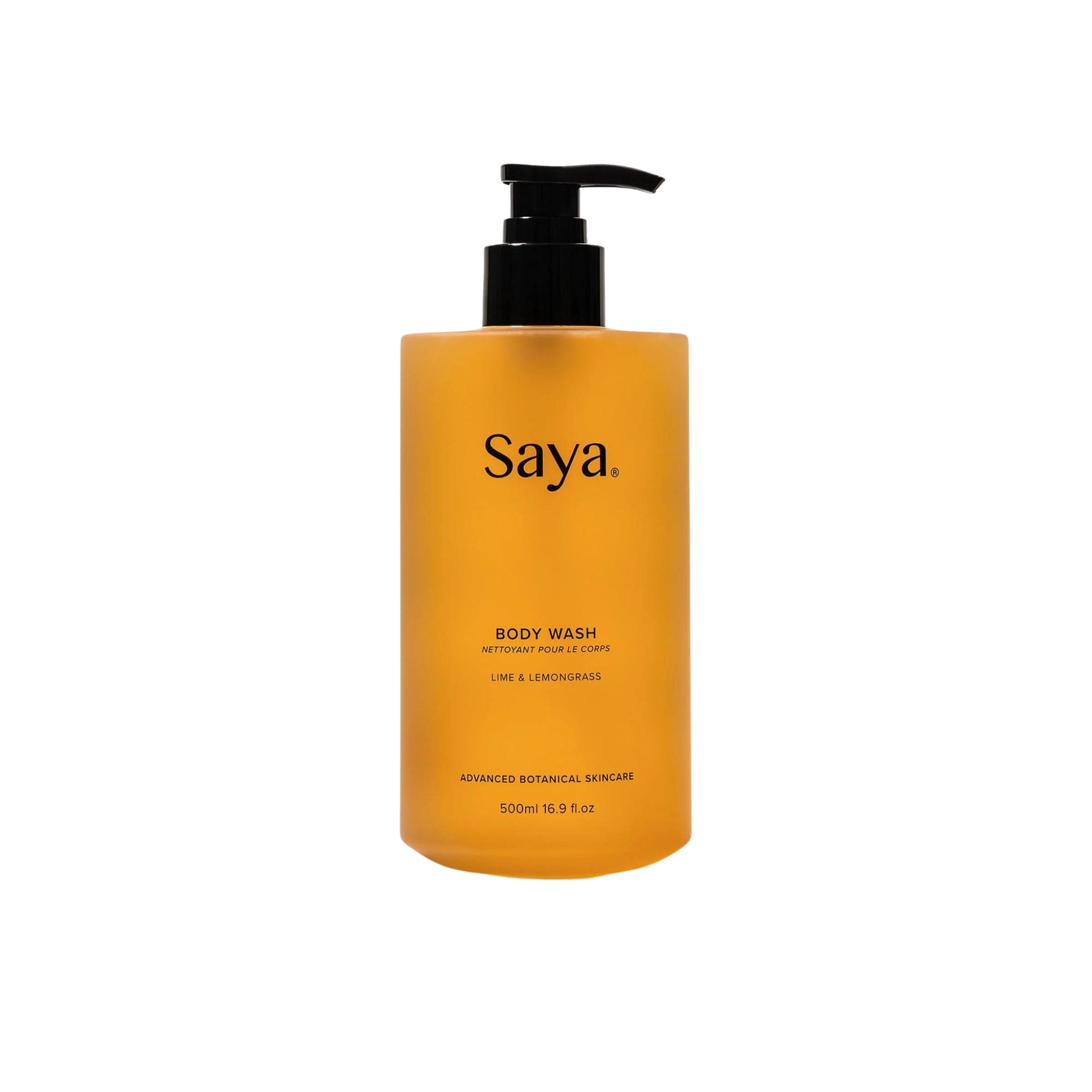
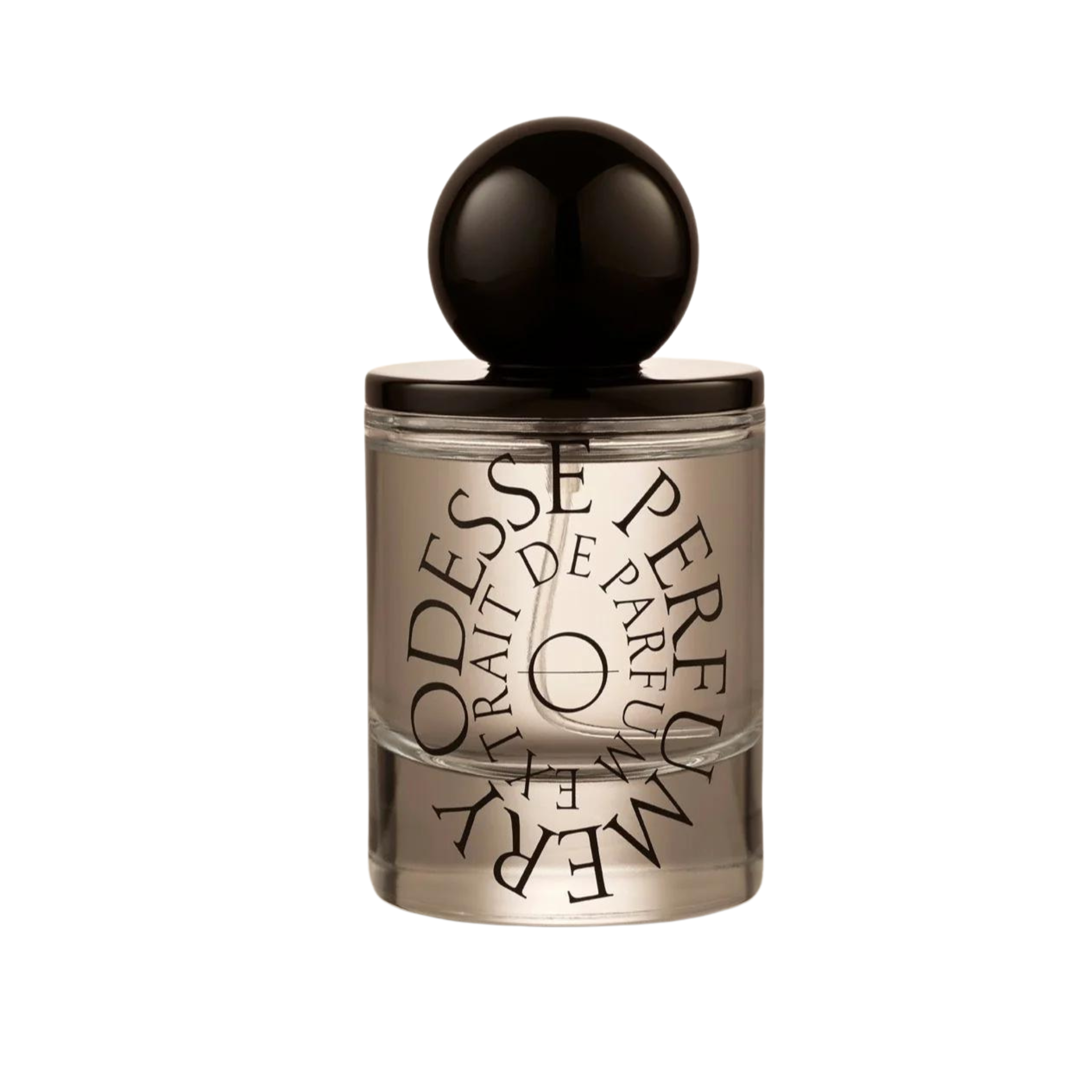
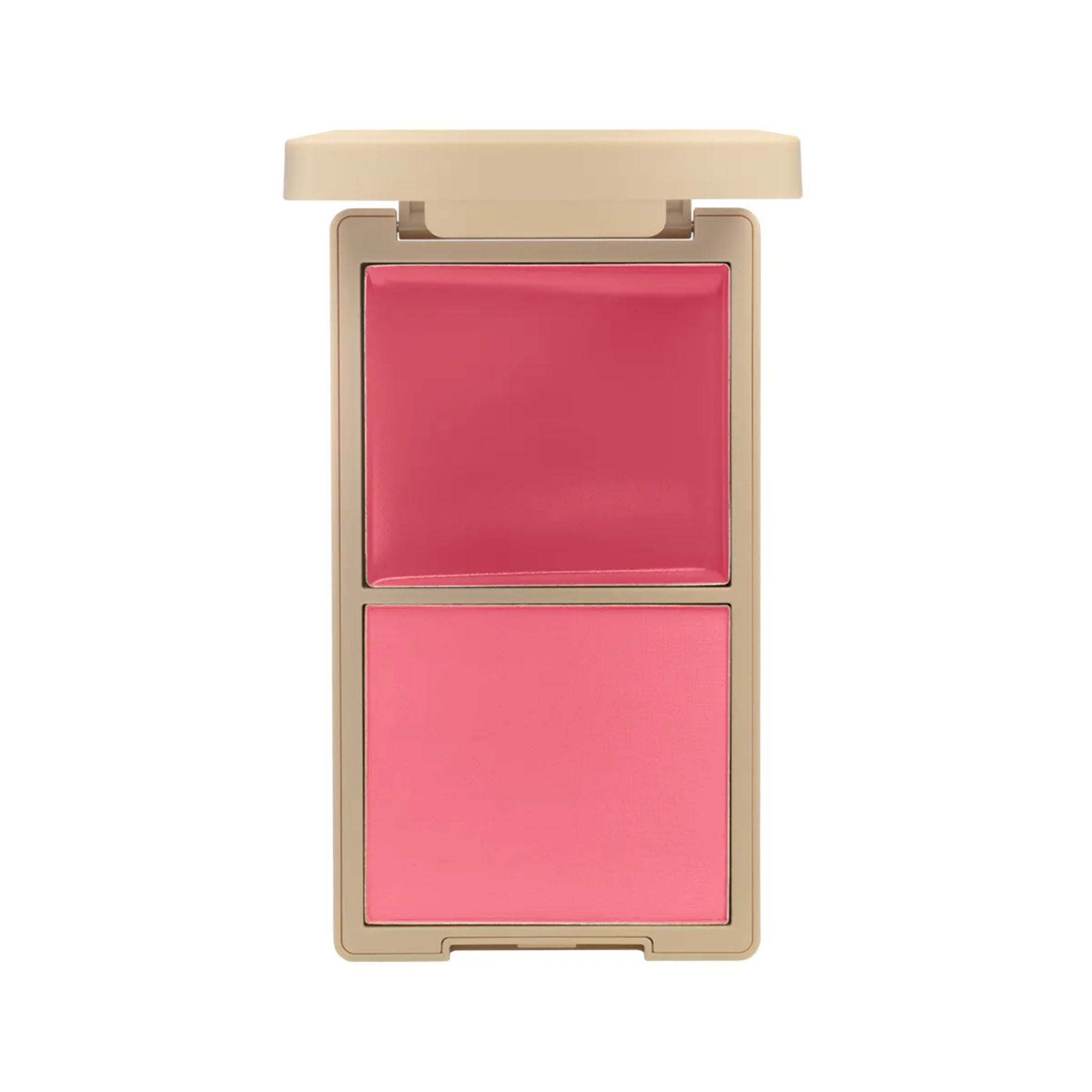
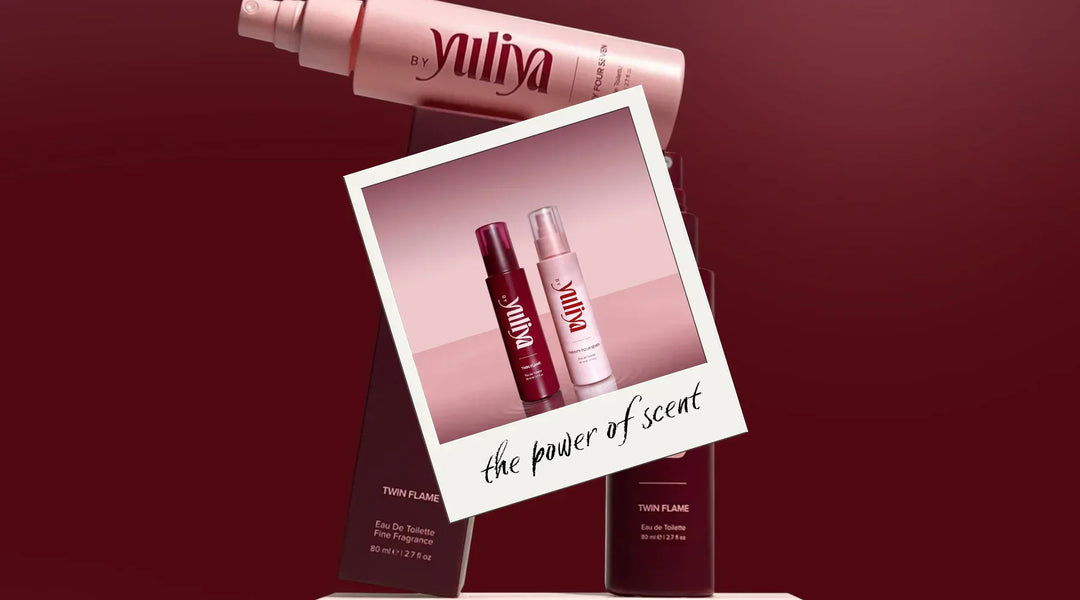
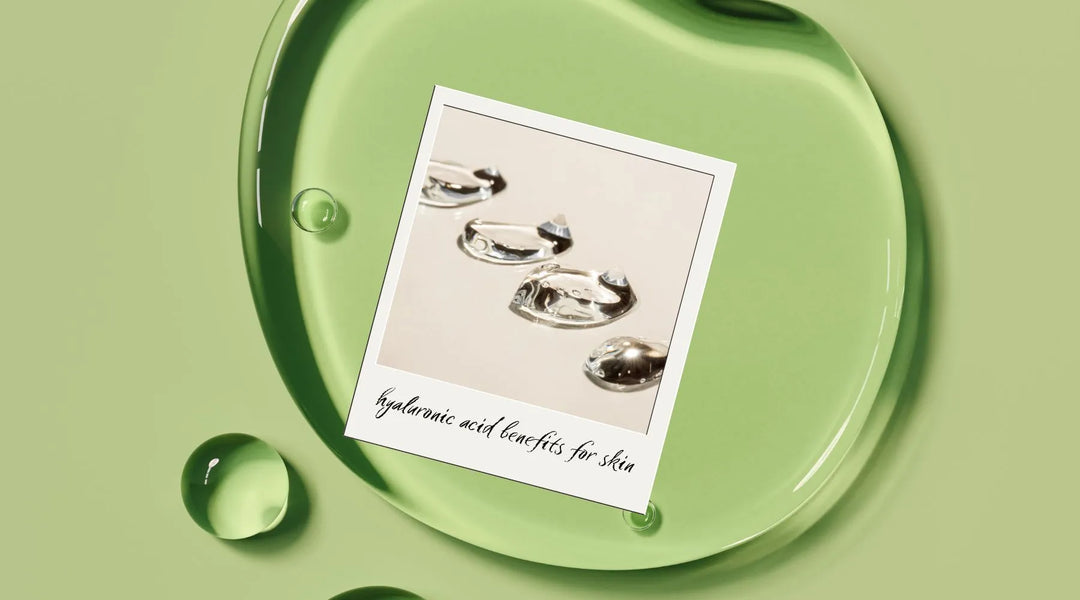

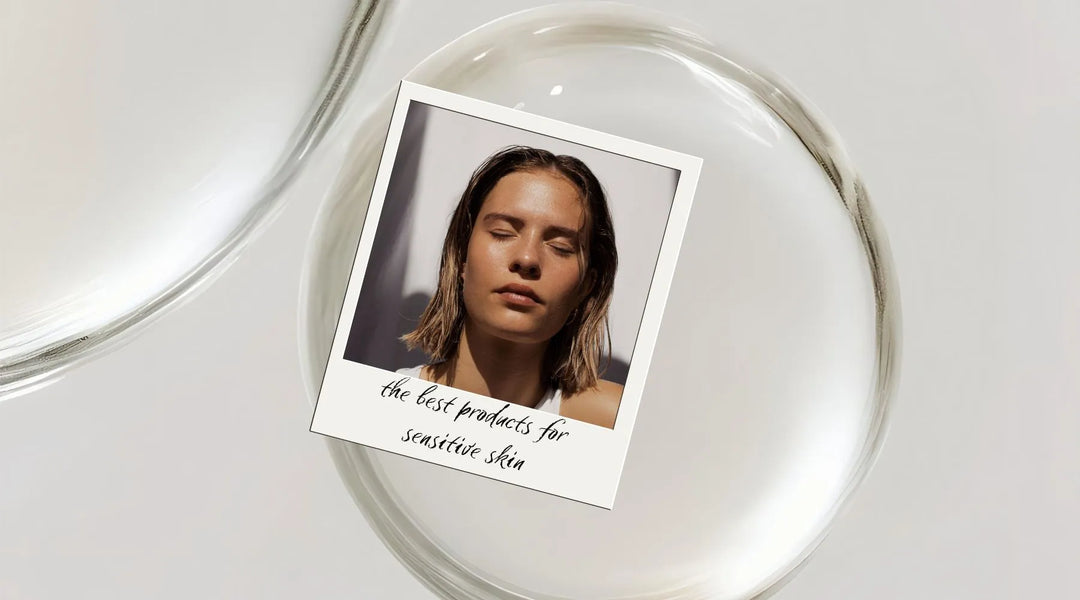
Leave a comment